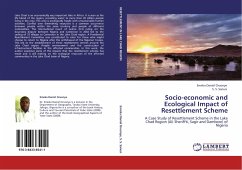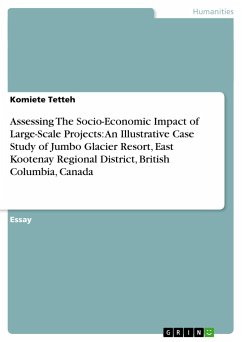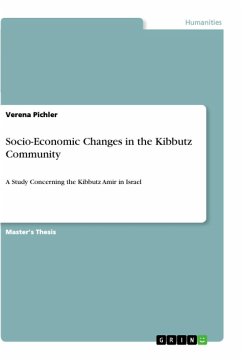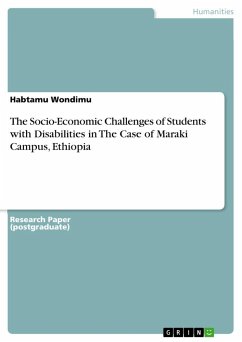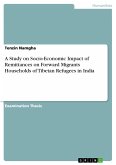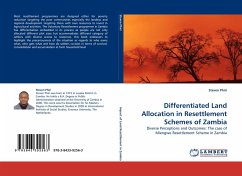Lake Chad is an economically very important lake in Africa. It is seen as the life blood of the region, providing water to more than 20 million people living in the area. The area is ecologically fragile with unsustainable human activities. Conflict over diminishing resources is a common occurrence between people within the same territory and people of different nationalities. The International Court of Justice (ICJ) ruling on the boundary dispute between Nigeria and Cameroon in 2002 led to the ceding of 33 villages to Cameroon in the Lake Chad region. A Presidential Resettlement Committee was constituted to cater for those who might choose to return to Nigeria after the withdrawal of the Nigerian troops. This led to the establishment of three resettlement centres around the Lake Chad region (fragile environment) and the construction of infrastructural facilities in the affected communities. In this work, the author examines some of the impacts that the resettlement scheme has made and is still making on the ecological resources of the affected communities in the Lake Chad basin of Nigeria.

